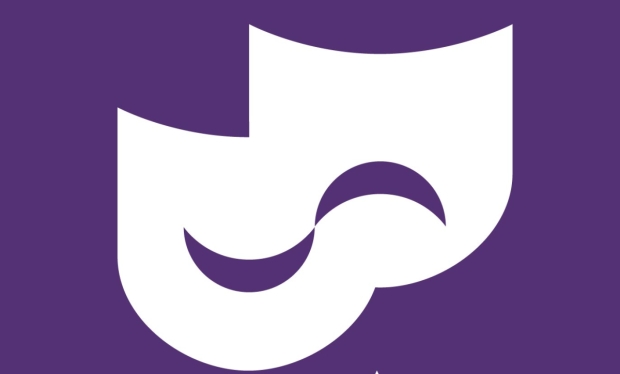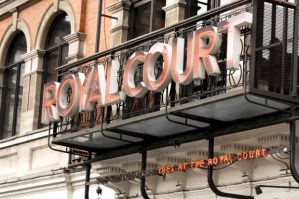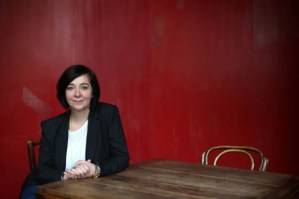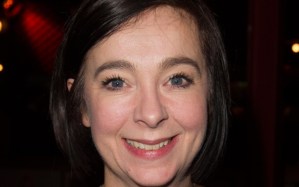Equity's code should be applauded, but it is respect for the arts that will provoke change
As Equity release their report into sexual harassment in the industry, Sarah Crompton looks at some of the reasons why the creative industries are particularly vulnerable

The theatre union Equity has just released a sensible report, called Agenda for Change, which seeks to use the Harvey Weinstein moment and the #MeToo campaign to establish, once and for all, safe spaces for its 43,000 members to work in, free of sexual and other harassment, bullying and abuse.
The introduction by Equity vice president Maureen Beattie makes for salutary reading. "The nature of work in the creative sector – including insecurity of employment and, often, low pay – is the backdrop here. An overarching problem is the general lack of proper respect for the professionalism of our members, whose skill makes their work look easy."
That’s a staggering couple of sentences. Historically, it takes us right back to the early days of professional theatre, when men and women saw performing as a means to escape poverty and when their status was regularly confused with that of prostitutes, putting their bodies as well as their talent at the mercy of a paying public. It has taken centuries for actors of both genders to shake off that association, yet obviously in the minds of some men (and it usually is men) the confusion still persists.
A career in the arts is constantly devalued by the general cultural assumption that it isn’t quite a proper thing to do
In today’s terms, it sharpens the sense of the bravery of women such as Rose McGowan, whose testimony against Harvey Weinstein, has created what Equity calls a "moment of change", when there is a chance to banish behaviour that "was never acceptable and should never have been tolerated."
There is a danger, I think, in the season when the theatre and film worlds hand out their prizes, of looking at all those glamorous women in their black dresses, listening to their speeches and thinking that things can’t be that bad for them. Most female workers have suffered some form of bullying or harassment at some point in their lives, sexual or otherwise. What gives these privileged few the right to speak for the rest of us? Well that Equity statement gives a context to the problems that those who work in the creative industries face.
It is true, I think, that these spaces are especially vulnerable. For one thing, a career in the arts is constantly devalued by the general cultural assumption that it isn’t quite a proper thing to do. You only have to be the parent of a child who is gifted at acting, or dance, or wants to be a scene painter or designer to know that in most schools that type of aspiration is still regarded as second best.
But should you make your way in the creative industries, against all kinds of opposition, that sense of being a second-class citizen might actually increase. My critical colleague Mark Shenton is currently doing a good job of drawing attention to the problem of unpaid actors working on productions in the hope of getting another (paid) job or simply because they are passionate about theatre and want to be in a show.
That desperation to get a job (in a massively over-populated profession) is precisely what makes the vulnerable applicant agree to auditions and meetings that expose them to the dangers of harassment or worse.
Equity has plans to make those meetings safer. Agenda for Change suggests that casting directors should discourage one-to-one meetings outside a professional environment; people at auditions should not be asked to undress unless a mutually agreed observer is present; no-one should be asked to simulate sex acts in auditions.
Things will only get better when performing or enabling a performance is a respected profession
It goes beyond this, of course. Women (and men) who work as ASMs or runners, where their job descriptions put them at the beck and call of everyone else, are at particular risk of being bullied and traduced. So are young actors who are asked to reveal weakness in performance; in trying to do their jobs, they are laying themselves emotionally open. The ruthless and the powerful can easily take advantage of their exposed state.
The Royal Court, under Vicky Featherstone’s leadership, was the fastest off the mark when it came to suggesting a code of behaviour to prevent sexual harassment and the misuse of power. At its Day of Action, held in response to the Weinstein allegations, in which 150 participants outlined their experiences, a remarkably high number of incidents of abuse (51.3 per cent) where a junior colleague was subjected to inappropriate sexualised behaviour or comments, often over a long period of time, took place in rehearsals, backstage or at drama schools which indicates just how serious a problem theatre faces.
Hence Equity’s drive to create a safe space for work to be made. But however many codes are in place, things will only really get better when everyone accepts that performing or enabling performance is a profession that should be respected and admired. Its exponents reveal the truths about society to society’s face. They matter. That’s why we should value their professionalism just as much as we value a banker’s, an accountant’s or a scientist’s.
















